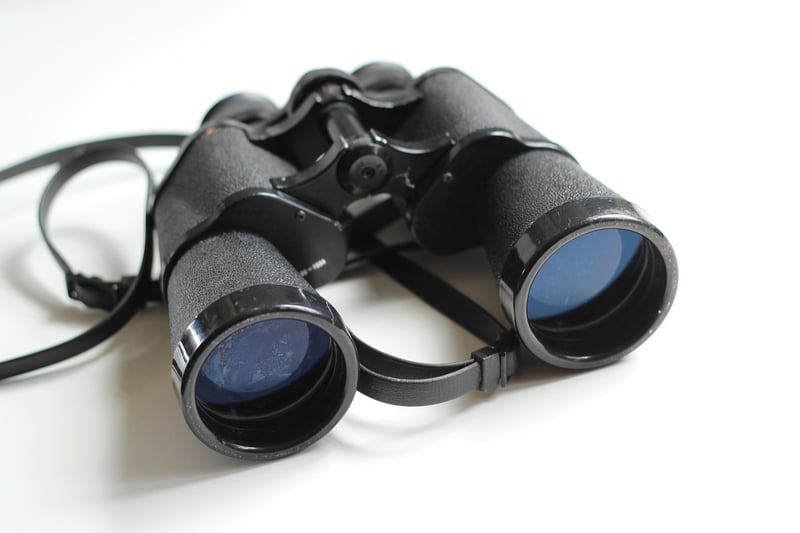Stealthy Signals
Decipher the Silent Language: Stealthy Signals
In a world filled with constant noise and distractions, the ability to communicate silently can be a valuable skill. Whether you are a spy, a nature enthusiast, or simply someone who appreciates the art of non-verbal communication, understanding stealthy signals can open up a whole new world of interaction and connection. Let's delve into the intriguing realm of deciphering the silent language.
The Art of Silent Communication
Silent communication, also known as non-verbal communication, encompasses a wide array of signals that convey messages without the use of words. From subtle gestures to covert codes, mastering the art of silent communication requires keen observation skills and a deep understanding of context.
Types of Stealthy Signals
Stealthy signals can take many forms, each with its own unique purpose and meaning. Some common types of silent communication include:
- Hand signals
- Eye contact
- Body language
- Morse code
- Secret codes and ciphers
Applications of Silent Language
The ability to communicate silently has a wide range of applications, from military operations to everyday social interactions. Here are some scenarios where understanding stealthy signals can be particularly useful:
- Surveillance and reconnaissance
- Signaling in noisy environments
- Covert communication in sensitive situations
- Wildlife observation without disturbing the animals
Mastering the Code
Deciphering the silent language requires practice, patience, and a sharp mind. By familiarizing yourself with common signals and codes, you can enhance your ability to interpret and convey messages without uttering a single word.
So, whether you are honing your spy skills, exploring the wilderness, or simply intrigued by the intricacies of non-verbal communication, delving into the world of stealthy signals can be a fascinating journey.

Embrace the silent language and unlock a realm of hidden communication waiting to be discovered.
